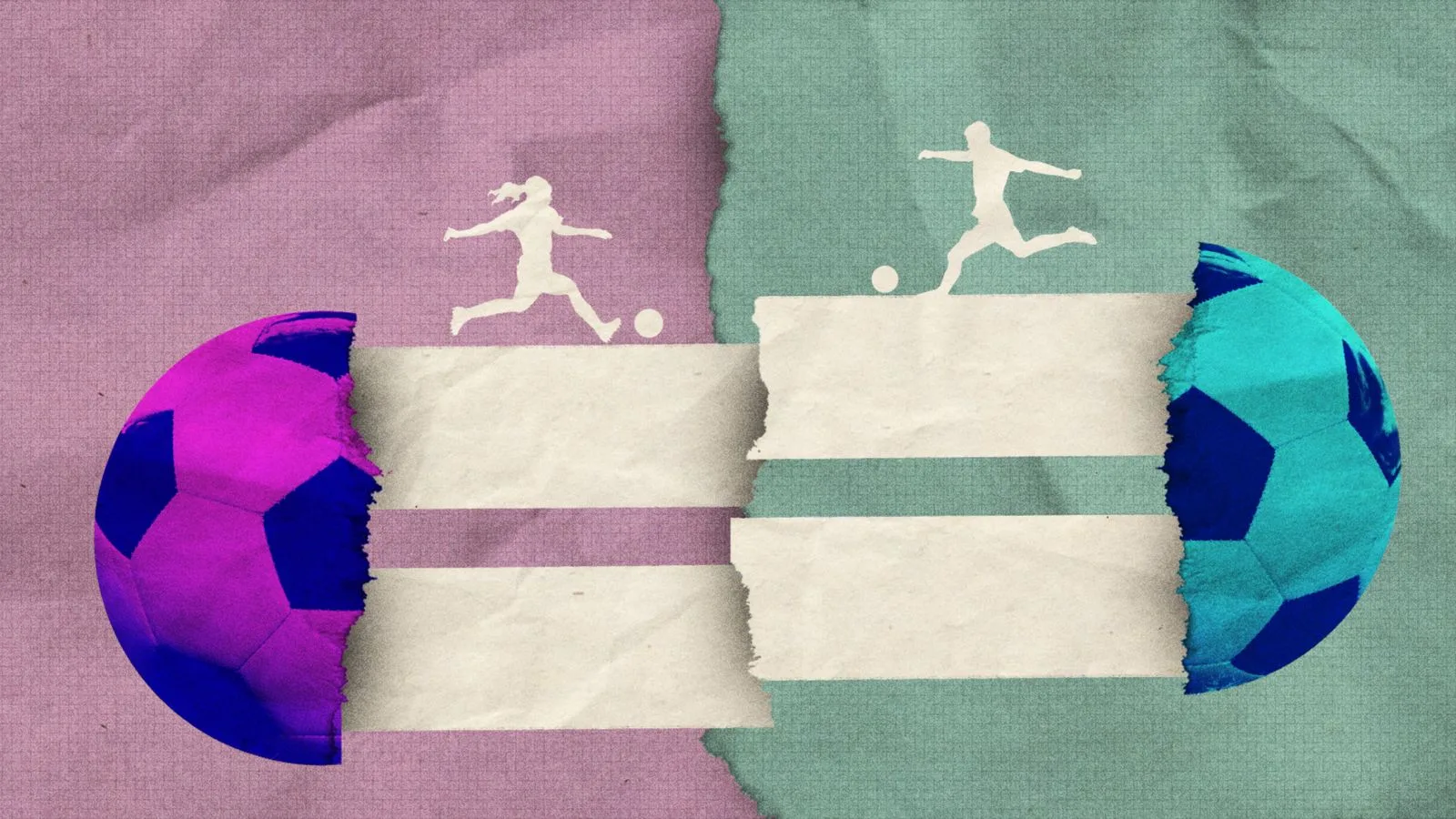Despite the record prize money in the 2023 Women’s World Cup, a FIFPRO poll released on Wednesday revealed that many players in the tournament still lack sufficient financial compensation.
According to the Global Players Union, one in five players supplements their income with a second job.
The poll also found that one in three World Cup players earn less than $30,000 annually from football with their national teams and clubs combined, excluding the pre-tax $30,000 minimum World Cup prize money guaranteed by FIFA.
While the total prize money for the women’s World Cup increased to $150 million, it remains significantly less than the $440 million prize pool for the men’s World Cup in Qatar last year.
“The players gave everything they had to put on a brilliant World Cup, but there are still important gaps that need addressing,” said Sarah Gregorius, FIFPRO’s director of policy and strategic relations for women’s football.
In a survey conducted by FIFPRO, 260 players from 26 of the 32 national teams participating in the World Cup were interviewed.
Some players have experienced delays in receiving the money guaranteed by FIFA, and according to FIFPRO, these delays are often attributed to factors such as payment schedules.
FIFA is reportedly working with the concerned countries to address the issue.
“A lot of players have been paid and we’re getting a lot of feedback on how life-changing this is for them, and at the end of this, hopefully we’re in a position to say 100% of the players have been paid and that’s really shifted the needle when it comes to compensation, gender equity and pay equity in football more broadly and in sport more broadly.”
According to the poll, 53% of players expressed dissatisfaction with the amount of rest they had before their initial World Cup match.
Two-thirds believed they were not in their physical prime when the tournament began, and 60% stated that the post-tournament rest period was inadequate.
Additionally, 86% reported having less than two weeks off before rejoining their club.
The survey also revealed that 10% of players did not undergo a pre-tournament medical examination, and 22% did not have an electrocardiogram (ECG), both of which are required by FIFA tournament regulations.
“Anything below 100% when it comes to accessing an ECG or undertaking a pre-tournament medical is not acceptable,” said Alex Culvin, FIFA’s head of strategy and research for women’s football. “Regulations need to be applied and adhered to in full.”

